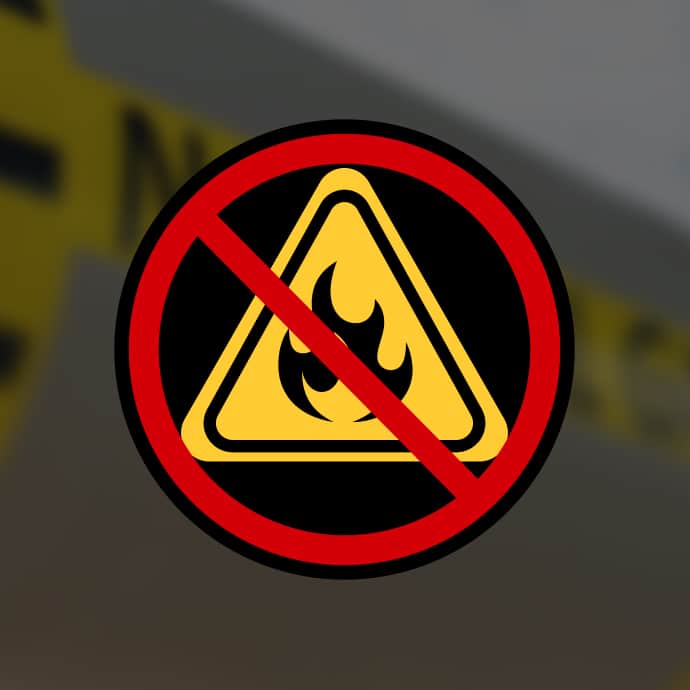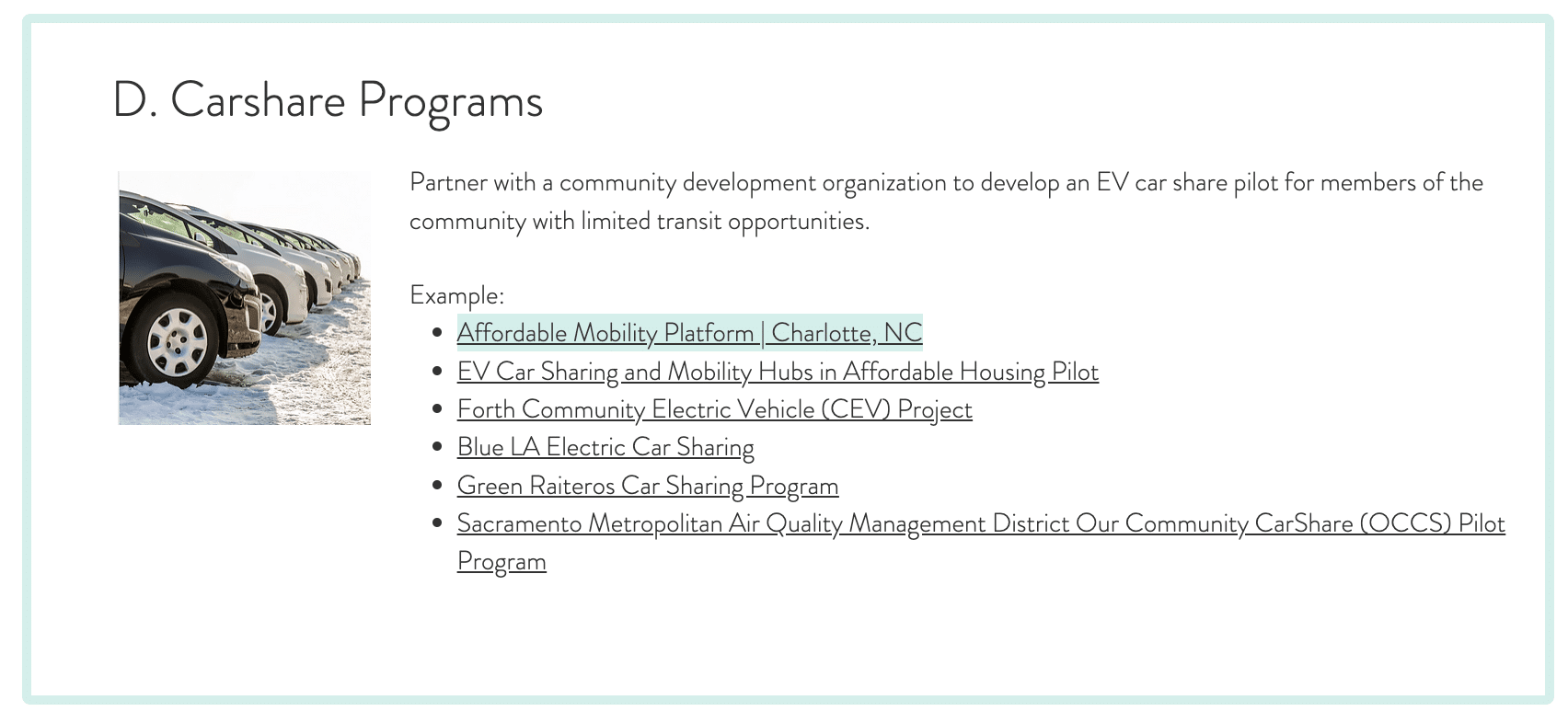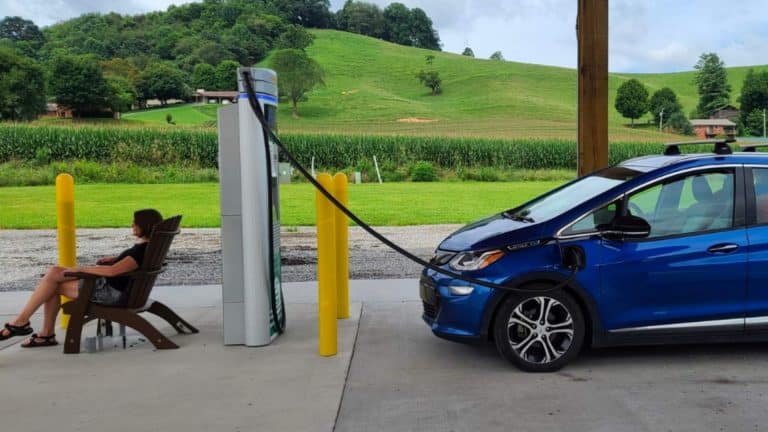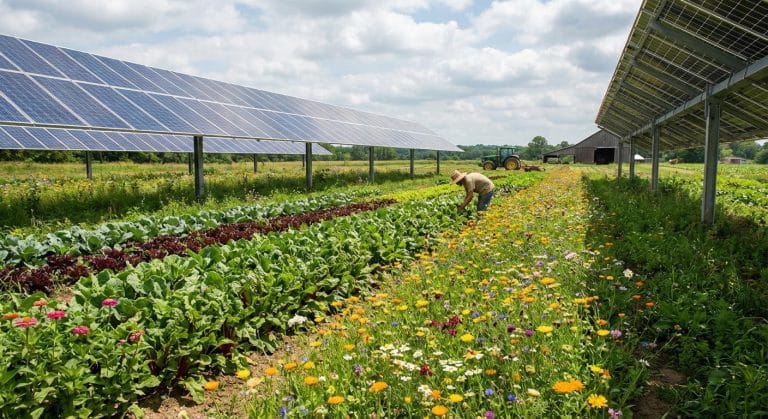Each year the Southern Alliance for Clean Energy’s Electric Transportation Toolkit is updated to ensure its content is current and meaningful. The 2023 update further simplifies the process for decision-makers to identify successful, cost-effective, sustainable, and equitable strategies and solutions to accelerate electric transportation. We are proud to have this Toolkit as a resource that cities and counties across the Southeast have utilized to help them electrify transportation in their communities.
As in years past, the Toolkit remains a compilation of vetted resources and proven best practices to inform and support local and state government electric transportation planning and implementation. A significant addition to this year’s updated Toolkit is expanded content related to federal funding opportunities available to local decision-makers. This section will be updated throughout the year as guidance around the funding is solidified.
Below are a few notable examples of what you’ll find in the 2023 Toolkit, which demonstrates innovative ideas, practices, and policies helping to increase access and lower the cost of electric transportation in our communities.
The examples are presented in order that the Toolkit is arranged with links to the corresponding Toolkit section. To quickly navigate to the updated items, please utilize the menu bar on the right side of the page and click “2023 Update.”
Orlando: 2030 Electric Mobility Roadmap
Orlando’s 2030 Electric Mobility Roadmap was published in 2022 and is based on months of work conducted by the E-Mobility Task Force. The Roadmap is a unified vision of how mobility will transform Orlando by 2030 and beyond. It contains four overarching goals along with targets and strategies to meet them; and is intended to be updated every five years and supplemented with progress reports every other year.

Charlotte: Street Light Charging
LED-converted light posts can be converted to easily allow for EV charging. Devices already exist that can retrofit a light post in a cost-effective manner to allow for the charging of electricity. For example, in Charlotte, PoleVolt is pioneering EV charging infrastructure technology that could provide a solution for people that lack the off-street parking needed for home charging systems. This new solution uses existing streetlight infrastructure to slash the costs associated with installing charging stations by as much as fifty percent.
Learn More About Charlotte’s EV Charging Street Lights
Charlotte, NC and Leon County, FL: EV-Ready Codes
Lack of home charging is a known barrier to EV ownership, and those who live in multi-unit dwellings are less likely to purchase an EV without access to reliable charging. To address this, local governments continue to pass EV-ready codes aimed at reducing the costs of expensive retrofits and supporting the equitable distribution of home charging. These codes ensure power supply to parking spaces lowering the cost to install charging stations at a future date.
Learn More About NC and FL’s EV-Ready Codes
City of Raleigh: EV Charging Station Installation Guidebook
More local governments are being asked to support education efforts for charging installation. The Raleigh guidebook is an exemplar, comprehensively explaining all the necessities for planning and installing public, residential, and workplace charging. Topics addressed include charging 101, electric utility considerations, charging station types and placement, the permitting process, installation steps, future-proofing, case studies, and more. It is designed to help residents, homeowners, developers, electricians, municipal entities, property managers, homeowners associations, public staff, workplaces, and business owners hoping to learn more about EV charging.
View Charging Infrastructure Updates
BIL and IRA Federal Funding Programs
The Inflation Reduction Act, signed into law on October 16, 2022, is the federal government’s most significant investment in clean energy and transportation ever. Combined with the 21 new transportation-related programs in Bipartisan Infrastructure Law there are a deluge of opportunities for local governments for funding both vehicles and infrastructure. The key is understanding what funding is available and how to access it. The Toolkit’s Funding page is arranged by funding for vehicles and funding for infrastructure, further arranged by federal, state, and local funding sources. Several of the programs lack guidance from the federal government yet, so this section of the Toolkit will evolve and be updated throughout the year as information is released.
Drawdown Georgia Resource
The Drawdown Georgia website is a digital guide for folks interested in purchasing an electric vehicle and includes answers to many common questions consumers may have about purchasing an electric vehicle including cost, benefits, charging, range, and incentives. Local governments that may lack bandwidth can link to this resource as a helpful tool for community members or get inspired on what to include for their own websites.
Learn More about the Drawdown Georgia Website
Charlotte, NC: AMP Car Share Program
Charlotte is piloting a new Affordable Mobility Platform (AMP) carshare program as part of a nationwide effort funded by the Department of Energy. AMP will provide 10 electric vehicles to five workforce housing developments across the city, and residents will be able to reserve and drive them. The program is also installing charging infrastructure in the neighborhoods to support the vehicles and community charging. Educational opportunities including ride-and-drives to ensure residents are comfortable utilizing the EVs is part of the program as well.
Learn More About the EV Car Share Program
SACE’s 2023 ET Toolkit expands local governments’ knowledge about how the EV space is evolving, catalogs innovative ways to incorporate more electric transportation solutions into local communities, and connects local governments with peers to learn and share ideas. If you have any questions about how to utilize the Toolkit in your community, please reach out to Dory Larsen at the Southern Alliance for Clean Energy.
Electrify the South is a Southern Alliance for Clean Energy program that leverages research, advocacy, and outreach to promote renewable energy and accelerate the equitable transition to electric transportation throughout the Southeast. Visit ElectrifytheSouth.org to learn more and connect with us.












